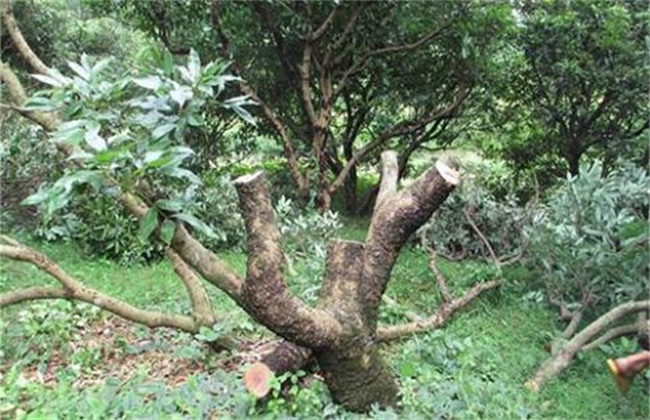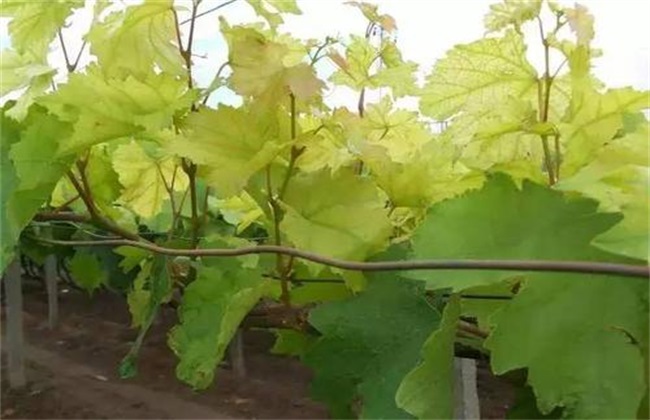Preventive measures for fertilizer damage of blueberry
Blueberry is a common berry fruit in our country, and it has a very large planting area in our country. Fertilization is indispensable when growing blueberries. However, when applying fertilizer, we should also pay more attention to it. Blueberries are extremely prone to fertilizer damage if they are not fertilized properly. So how to prevent it when growing blueberries? The following editor has brought you measures to prevent the fat damage of blueberries, let's have a look!
1. Rational fertilization
Blueberry is a kind of tree species that likes ammonium nitrogen, if nitrate nitrogen is applied, it can not only be absorbed, but also lead to poor growth of blueberry trees, so nitrate nitrogen can not be applied. At the same time, we should also pay attention to the application of chlorine fertilizer, do not use chlorine fertilizer. In the application of farm manure, we should pay attention to let it fully mature to avoid fertilizer damage. When applying fertilizer, it is necessary to ensure the proportion of nitrogen, phosphorus and potassium fertilizer and various trace elements in fertilizer, and to apply reasonably according to different growth stages of blueberry to meet the nutritional needs of blueberry trees in different growth periods.
2. Organic fertilizer is fully mature.
The organic matter in the soil has various functions, such as improving soil, improving soil softness, maintaining soil moisture and nutrition, which are also the main conditions to improve the quality of blueberry. In many blueberry orchards, the content of soil organic matter is relatively low. Therefore, in production, we should pay attention to the application of organic fertilizer to improve the content of organic matter in the soil. The types of organic fertilizers should be rich in cellulose, fully mature and low in salt. Must pay attention not to not fully mature fertilizer directly into the garden, otherwise it is very easy to produce fertilizer damage.
3. Amount of fertilizer applied
When applying fertilizer, we should control the dosage according to various factors such as tree age, growth, blueberry yield and so on. The nutritional requirements of blueberry trees can be judged according to the analysis of leaves. Properly control the proportion of various nutrient elements, do not overapply some kind of fertilizer. At the same time, fertilization can also be carried out according to the target yield. Through a large number of production practice, it is found that blueberry orchards of about 100 kilograms per mu are generally produced. The annual demand for pure nitrogen is about 12 kg per mu, while organic fertilizer is about 1-2 kg per kilogram of fruit. Therefore, we can control the amount of fertilizer application according to this data in production to avoid excessive fertilization.
4. Fertilization method
The way of fertilization is also very important, if it is the wrong way of fertilization, it is also very easy to cause fertilizer damage to blueberries. The root distribution of blueberries is generally shallow, usually in a soil layer of about 1-20 cm. Therefore, when we apply fertilizer, especially when applying organic fertilizer, we should mainly apply shallow fertilizer on the surface of the soil. It is best to integrate water and fertilizer and dissolve fertilizer with water. Then it is provided to the root by drip irrigation, which can greatly enhance the safety of fertilization.
The above is a brief introduction to the preventive measures of blueberry fertilizer damage. That's all for today's introduction. This article is for reference only. I hope it can help you all.
Related
- Moge, come on! The staff of the peasant association in the producing area of cantaloupe were frightened when the crowd gathered.
- Causes and Solutions of low Fruit setting rate of Apple
- Symptoms and control measures of passion fruit virus disease
- Fruit growing lesson: how do apple orchards keep high yields?
- Can you build orchards in the mountains? What are the pros and cons?
- How to manage the coloring period of Crisson grape?
- This paper introduces the processing technology of two kinds of fig products.
- How much is a month for retired teachers in rural areas by 2020?
- How can strawberry planting increase sugar content? We should pay attention to management in many aspects.
- What are the cultivation techniques on how to improve the yield of golden fruit?



